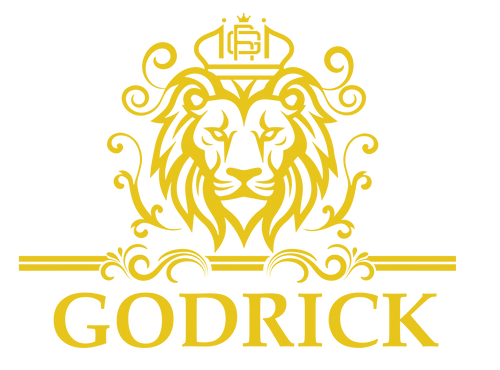Startups: A Step-by-Step Guide from Idea to Icon
What is a startup? Startup is the development of a concept into reality. It is basically the early stages or first few steps of that development. Every startup starts as a small business. What makes it different is that unlike small businesses, startups want to grow and make an impact globally. All startups evolve as small businesses, but not all small businesses are startups. For example, Delhivery was initially started as a hyperlocal express delivery service provider for offline stores, delivering flowers and food locally for the first few months since its inception.
Startups Solving Real Problems
A startup should always solve a persisting problem. Otherwise, it might not catch on. For example, Discord was created by Jason Citron and Stan Vishnevskiy to make it easier for gamers to chat and stay connected globally, addressing slow and unreliable existing tools. A successful startup wants to solve a problem and make the world a better place.
Startups Are Not Just Jobs
A startup isn’t just a job; it’s a big commitment that demands a lot of effort, time, and money. You might not have time for a day off. It’s about working hard until it pays off. It’s a job you can’t quit!
But that’s part of what makes startups great—they push boundaries, experiment, learn, and keep asking questions. Having more questions than answers actually helps them grow and thrive.

Keep searching
Some startups have a clear idea of what they want to sell, who their audience is, and how to fit into the market. But most of the startups may not have a clear idea on this. For example, Airbnb initially had a hard time figuring out their market. They tried out different types of accommodations and discovered that travelers wanted unique, affordable places to stay. By tweaking their offerings, pricing, and user experience, they were able to better meet their customers’ needs.
Beyond the norms
Wonderful thing about startup is it knows no defined boundaries. The term ‘startup’ is incredibly broad. While it often brings to mind images of young tech entrepreneurs and big funding, startups can actually be anything but that. For instance, Dr. Kumar Eshwaran founded Alpes.ai in 2010 when he was in his 60s! If we looked at the ages of startup CEOs worldwide, Eshwaran would probably be one of the oldest.
Startups don’t fit neatly into any one category. They’re founded by people of all ages and backgrounds and can continue being startups for a long time, as long as they’re innovating. The key trait of most startups is their drive to disrupt, transform, or improve their industry.
Finding funding
A startup is an independent company with no connections to established businesses, so getting funding can be a big question. Many turn to crowdfunding platforms, while others find angel investors or rely on personal savings.
Take a look at Lenskart. This D2C eyewear brand has raised funds from investors and is now one of the largest omnichannel eyewear retailers in the world which has its presence in India, Singapore, and the UAE.
Your startup idea could be a game-changer, but it might need investment to grow and scale.
‘Invest in Future India’ is here to promote innovative business ideas and drive economic growth.
We provide the capital, expertise, and network needed to help startups thrive and turn your ideas into reality. Contact ‘Invest in Future India’ to realize your true potential. Join our community now to showcase yourself in the market.



